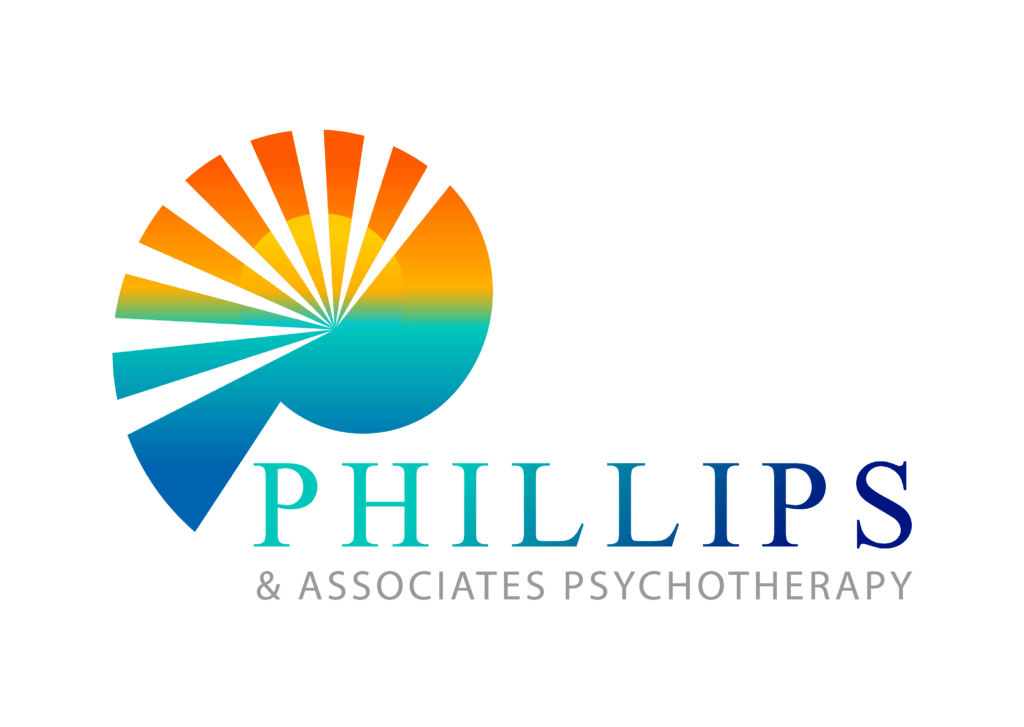Child neglect, a form of child maltreatment, is often characterized by a failure to provide for a child’s basic needs, which include physical, emotional, educational, and medical needs. The long-term effects of child neglect can be profound and varied, affecting an individual’s development and functioning across their lifespan.
Emotional and Psychological Impact
 Children who have been neglected may struggle with forming healthy attachments and relationships. They often exhibit signs of low self-esteem, depression, and anxiety. The lack of emotional support and nurturing during crucial developmental stages can lead to difficulties in regulating emotions and may result in long-lasting psychological issues.
Children who have been neglected may struggle with forming healthy attachments and relationships. They often exhibit signs of low self-esteem, depression, and anxiety. The lack of emotional support and nurturing during crucial developmental stages can lead to difficulties in regulating emotions and may result in long-lasting psychological issues.
Social and Behavioral Consequences
Neglected children may face challenges in social settings. They might have difficulty trusting others, developing friendships, or may become socially withdrawn. Behavioral problems, such as aggression, substance abuse, or delinquency, are also common. These behaviors are often a way of coping with the emotional turmoil and lack of guidance they experienced during childhood.
Cognitive and Academic Difficulties
Neglect can impact a child’s cognitive development. This can manifest as learning disabilities, attention deficits, and lower academic achievement. The absence of stimulation and educational support in early years can hinder brain development, affecting cognitive functions like memory, attention, and problem-solving skills.
Physical Health Issues
Physical neglect can lead to malnutrition, poor physical health, and growth issues. Long-term health consequences might include chronic conditions like asthma, obesity, and heart disease. The stress of neglect can also affect the immune system, making the individual more susceptible to infections and illnesses.
Mental Health Disorders
The risk of developing mental health disorders, such as post-traumatic stress disorder (PTSD), borderline personality disorder, or dissociative disorders, is higher in individuals who experienced neglect in childhood. The trauma of neglect can have a lasting impact on mental health, often requiring long-term therapeutic interventions.
Impaired Brain Development
Neglect, especially in early childhood, can alter brain development. Areas of the brain responsible for emotional regulation, stress response, and cognitive processes may be underdeveloped. This can result in difficulty managing stress, emotional dysregulation, and impaired executive functioning.
Risks in Adulthood
The effects of child neglect often extend into adulthood. Adults who were neglected as children may have difficulties in maintaining stable relationships, employment challenges, and a higher likelihood of engaging in criminal behavior. They might also struggle with parenting their own children, potentially perpetuating a cycle of neglect.
Resilience and Recovery
 While the long-term effects of child neglect can be severe, it is important to note that with the right support and intervention, recovery and resilience are possible. Therapeutic interventions, positive relationships, and stable environments can significantly help in mitigating the effects of neglect.
While the long-term effects of child neglect can be severe, it is important to note that with the right support and intervention, recovery and resilience are possible. Therapeutic interventions, positive relationships, and stable environments can significantly help in mitigating the effects of neglect.
In conclusion, child neglect has far-reaching and diverse long-term effects that impact an individual’s emotional, social, cognitive, and physical health. Understanding these consequences is crucial for developing effective interventions and support systems to help those affected by neglect. Recovery is a complex process that requires a comprehensive, empathetic approach, highlighting the importance of early intervention and ongoing support for those who have experienced neglect. To prevent child neglect, it’s vital to foster a supportive community, provide parenting education, ensure access to healthcare, and offer mental health resources. Early intervention and awareness are key. To take a meaningful step towards improving your mental health, consider reaching out for professional support. Remember, seeking help is a sign of strength, not weakness.

